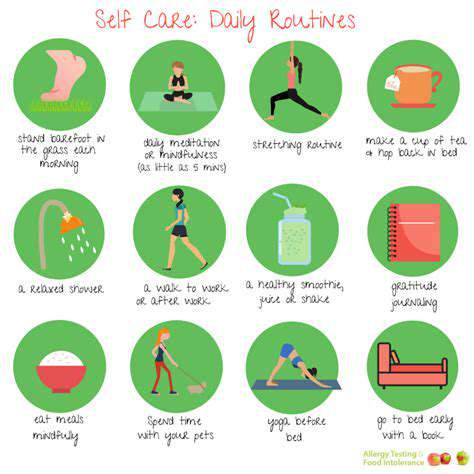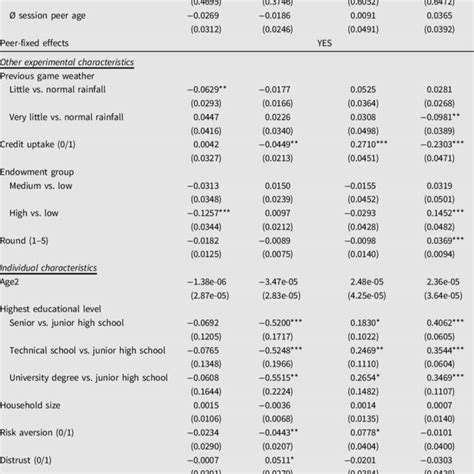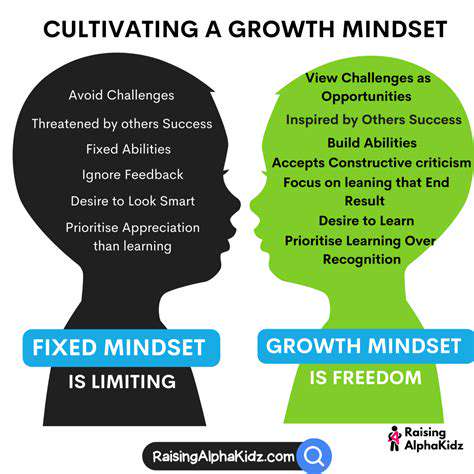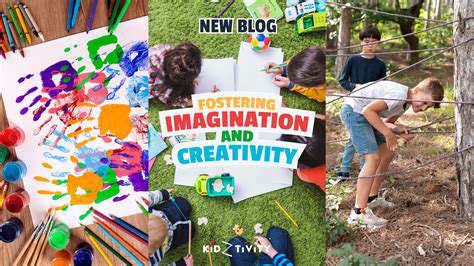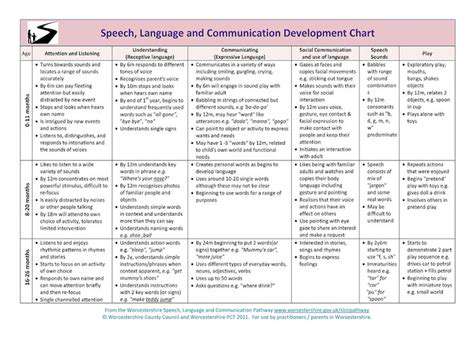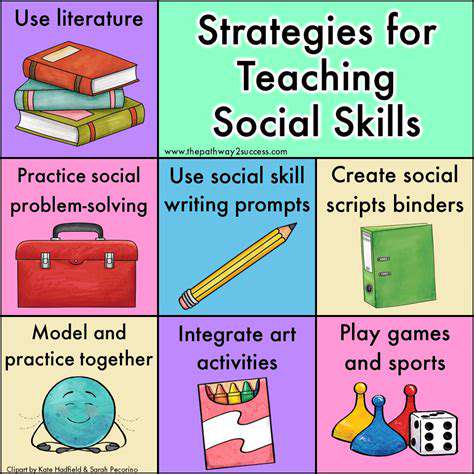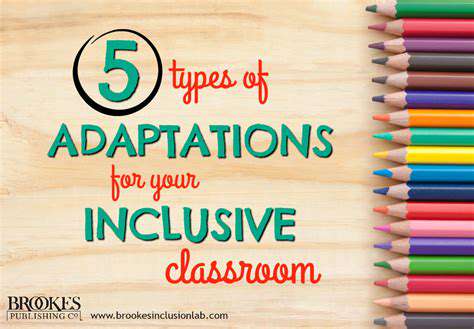Building Positive Habits in Kids: From Routine to Responsibility
Nurturing Responsibility: Small Steps, Big Impacts

Nurturing Responsibility in Young Children
Cultivating a sense of responsibility in young children is crucial for their overall development and future success. It's a process that starts early, and by establishing clear expectations and providing opportunities for practice, parents and educators can help children internalize the importance of taking ownership of their actions and contributing to their surroundings. This early foundation lays the groundwork for responsible behavior throughout their lives.
Children learn by observing and mimicking. Parents and caregivers often serve as role models, and demonstrating responsible behavior in daily life is a powerful way to teach children the value of accountability. For example, consistently taking care of personal belongings, completing chores, and fulfilling commitments can set a positive example.
Setting Clear Expectations
Establishing clear expectations for behavior is essential in fostering responsibility. These expectations need to be age-appropriate and consistently enforced. Instead of simply telling children don't do that, try to explain *why* certain actions are not acceptable. This helps children understand the underlying principles and consequences of their choices.
Communicating these expectations clearly and concisely is vital. Using simple, straightforward language that children can understand helps them grasp what is expected of them. Regular reminders and positive reinforcement can also strengthen these expectations over time.
Providing Opportunities for Practice
Children need opportunities to practice responsible behaviors in a safe and supportive environment. Simple tasks like putting away toys, helping with meal preparation, or taking care of pets provide valuable opportunities for children to learn and grow. These activities not only teach responsibility but also build essential life skills.
Gradually increasing the complexity of tasks as children mature is key. This allows them to develop progressively more sophisticated levels of responsibility and build confidence in their abilities.
Positive Reinforcement
Positive reinforcement is a powerful tool for encouraging responsible behavior. Recognizing and praising children's efforts, even small ones, can significantly motivate them to continue making responsible choices. This positive feedback reinforces the connection between good behavior and positive outcomes.
Consequences for Misbehavior
While positive reinforcement is crucial, it's also important to establish clear and consistent consequences for misbehavior. These consequences should be logical and age-appropriate, helping children understand the connection between their actions and their outcomes. This process is about teaching children the importance of understanding the implications of their choices.
Clear, age-appropriate consequences can prevent misunderstandings and ensure that children learn from their mistakes without undue harshness. This approach fosters a sense of responsibility and accountability.
Modeling Responsible Behavior
Parents and caregivers are vital role models for children. Demonstrating responsible behavior in various aspects of daily life, such as managing time, fulfilling commitments, and taking care of belongings, significantly impacts children's development. Children learn through observation and imitation, making responsible behaviors of adults essential.
Furthermore, consistency in demonstrating these behaviors is crucial to fostering a child's internalization of responsible values. Children are much more likely to emulate behaviors that are consistently displayed by those they trust.
Patience and Persistence
Nurturing responsibility is an ongoing process that requires patience and persistence. Children may not always grasp concepts or consistently demonstrate responsible behaviors. It is important to remember that learning takes time and encouragement. Consistent guidance and support will help children internalize the importance of responsibility.
Children's ability to understand and demonstrate responsibility is not a simple task. It is a gradual process that requires patience and a supportive environment. Parents and educators should celebrate every small step of progress.
